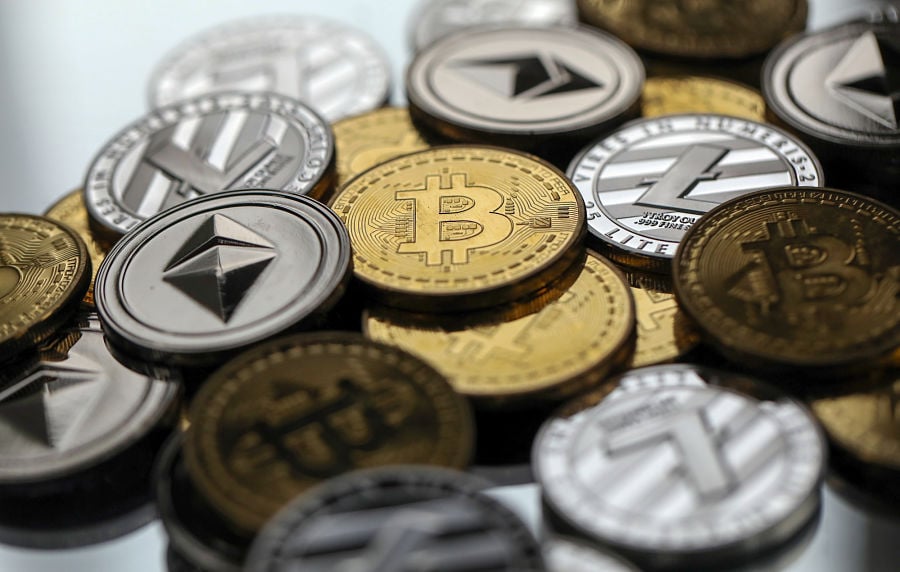Boxer Floyd Mayweather and music producer DJ Khaled were accused of failing to disclose payments they received for hyping initial coin offerings, making them the biggest names sanctioned in U.S. regulators'
months-long crackdown on
misconduct tied to digital tokens.
Mr. Mayweather, one of his sport's most recognizable personalities, agreed to pay more than $600,000 to settle with the Securities and Exchange Commission, the agency said in a statement Thursday. Mr. Khaled will pay more than $150,000, the regulator said.
(More: Cryptocurrency deals receive increased scrutiny by SEC)
The SEC said Mr. Mayweather violated securities laws by touting ICOs in tweets without disclosing that the coins' backers had paid him to promote the tokens. Mr. Khaled was accused of similar allegations.
"These cases highlight the importance of full disclosure to investors," Stephanie Avakian, the SEC co-enforcement director, said in the statement. "With no disclosure about the payments, Mayweather and Khaled's ICO promotions may have appeared to be unbiased, rather than paid endorsements."
Neither Mayweather nor Khaled admitted or denied the SEC's allegations. Lawyers for the men didn't immediately return phone calls seeking comment.
A company involved in both enforcement actions is Centra Tech Inc., which claimed it planned to create a virtual-currency debit card. In April, U.S. authorities arrested Centra Tech's founders, and the SEC accused the company of illegally raising more than $25 million through an ICO by falsely claiming that it had entered into partnerships with Visa and Mastercard.
In September 2017, Mr. Mayweather posted a picture of himself holding his boxing title belts on his Twitter account with the caption: "Centra's (CTR) ICO starts in a few hours. Get your before they sell out, I got mine..."
Also in September 2017, Mr. Khaled hyped "the Centra Card" and "Centra Wallet" through his Instagram and Twitter accounts.
Neither Mr. Mayweather nor Mr. Khaled mentioned that Centra Tech was paying them, the SEC said.
The SEC's repeated warnings that ICOs are susceptible to fraud hasn't stopped the industry from raising billions of dollars. The SEC has said it considers the vast majority of the offerings to be securities, which must be registered the regulator to be lawful. Earlier this month, the SEC imposed its first fines against companies for failing to register coin offerings.







